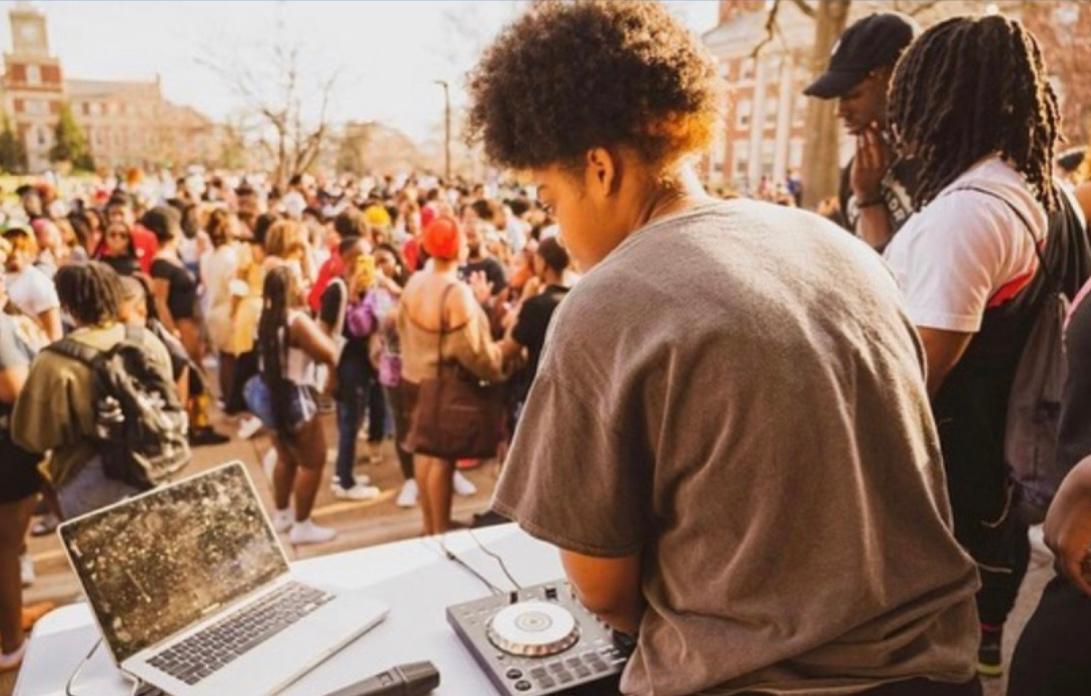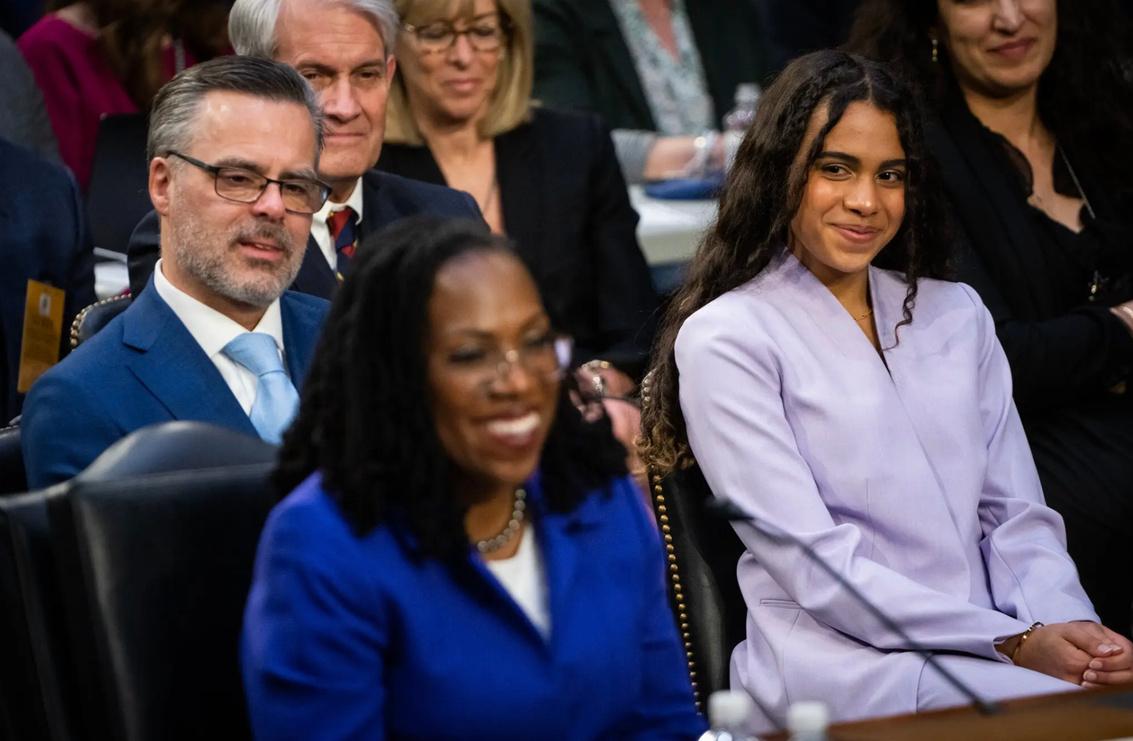
1 minute read
"Got Eem" Maury Povich Ending
C O N T .
Additionally, students that do not have the resources to grocery shop or eat food from restaurants must make adjustments to the way that they eat, and some are left with no choice than to eat what is provided. This inaccessibility to high quality fruits and vegetables alters the daily routines of individuals who, in many cases, have eaten that way their whole lives.
For Muslim students like Sabarin Ahmed, who is a legal communications major at Howard University, her eating halal meat not only represents her childhood, but also represents her faith.
“Even though I do not eat halal meat as often, because it is kind of hard to come by in certain places like DC for example, it still influences me to eat less meat just because that was such an ingrained part of my childhood, ” said Ahmed as she discussed the roadblocks she faces in trying to find options on campus for a halal diet.
As students speak up about this issue, they still must do the best they can to eat within their dietary restrictions without disrupting their daily schedules. Some students like Aanisah Clark, who is a junior, political science major at Howard University, cooks her own vegan meals and does not mind the extra work of preparing the food because it makes her happy.
“Me, being from Brooklyn, I come from a big Rastafarian community, so we were all raised to be pretty strictly vegetarian. For us that was normal and we knew lots of other kids that grew up vegetarian as well, ” added Clark.
The lifestyle that some students once knew as normal has become a challenge to maintain as students refute the university ’ s claims of offering a plethora of options for all plant based diets.










